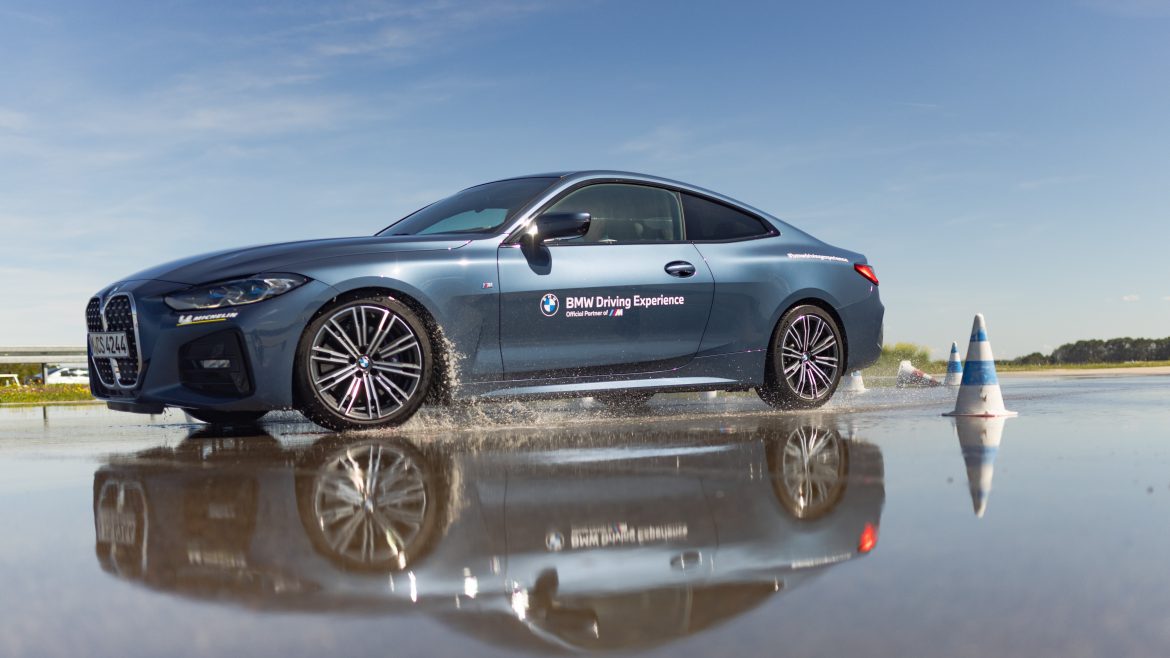BMW is anticipating robust sales in the fourth quarter, with its order book booked well into the early months of the next year. The company has confirmed it has no intentions of slashing prices, despite the practice being adopted by some of its competitors.
Rising confidence and supply chain relief
BMW’s confidence in strong sales was underpinned by an improving vehicle availability as supply chain bottlenecks began to ease. However, the automaker did note that higher material and logistics costs, particularly related to labor, were still persistent.
The positive outlook from BMW was reflected in its share price, which saw a 3.3% increase. The company’s third-quarter results were in line with expectations and delivered with a more optimistic tone than some competitors who warned of a subdued market environment affecting demand.
No price cuts for electric vehicle push
When questioned about whether BMW was contemplating price reductions to stimulate electric vehicle demand, particularly in China, Chief Executive Oliver Zipse made it clear that this wasn’t part of BMW’s strategy. He stated, “We have no interest in sinking prices to gain market share.” Zipse pointed out that BMW was growing substantially even with prices that it deemed acceptable.
The premium carmaker has set a target of an annual margin on earnings before interest and taxes (EBIT) in its cars division between 9.0% and 10.5%. It is on track to achieve this, with a 10.3% margin recorded so far this year.
Quarterly performance and material costs
Higher-priced and fully electric vehicles helped BMW surpass revenue expectations for the quarter, reaching 38.5 billion euros ($40.92 billion). However, the group’s net profit declined by 7.7%, largely due to last year’s one-off boost when BMW took majority control of its Chinese joint venture.
While BMW did experience some relief in raw material prices in the quarter compared to the previous year, it still felt an impact of 200 million euros from the net balance of currency and raw material positions. The company’s Chief Financial Officer, Walter Mertl, emphasized that material and logistics costs remained high, partly due to elevated labor costs from partners.
Notable omissions
In contrast to some competitors like Mercedes-Benz and Porsche, BMW’s statement did not mention high-interest rates or inflation weighing on its growth prospects.
Electric vehicle surge and financial outlook
Fully electric vehicle sales constituted 15.1% of total sales in the third quarter, surpassing BMW’s end-of-year target of 15%. The company attributed this growth to models from the upper price segment, such as the 7 Series, the updated BMW X7, and the BMW X5 and BMW X6.
BMW’s free cash flow for the automotive business reached 5.7 billion euros so far this year, nearing the full-year forecast of 6 billion. The company’s continued emphasis on sustainable growth and strong margins reflects its commitment to navigating the evolving automotive landscape.



